Bengaluru, Apr 3: Four people, including three who attended the Tablighi Jamat meet in Delhi, tested positive for coronavirus on Friday, taking the total number of the affected in the state to 128, the Health department said here.
The three men from Belagavi had attended the Tablighi- Jamaat congregation from March 13 to 18 at Delhi, while the other case was that of a 75-year-old man, who is a resident of Bagalkote.
A detailed investigation was underway to ascertain how he got infected, the department said in a bulletin.
It said that till date, 128 COVID-19 positive cases have been confirmed in the state, including three deaths and 11 discharges.
"With 128 cases we are in ninth position in the country in number of cases.Today four new cases were confirmed, of which three were those who attended Tablighi-Jamaat congregation," Primary and Secondary Education Minister Suresh Kumar told reporters, giving details about the bulletin.
He said 187 of the total of 288 samples collected from those who attended the congregation had tested negative and only 13 had turned positive so far.
"Out of 288 samples collected, we have got report for only 200 cases and are awaiting reports for 88," he added.
Though Kumar did not give any figures on the total number of people who went from Karnataka to attend theDelhi meet, the health department on Thursday had said nearly 1,000 people (including 19 foreigners) linked to Tablighi Jamat had been screened and swab samples of more than 200 people had been collected, while efforts are on to find out others.
Chief Minister B S Yediyurappa on Friday held a meeting with Muslim leaders and MLAs even as the government stepped up efforts to track those who might have travelled to the state after taking part in the meet in Delhi last month, which has turned out to be the hotbed of COVID-19 spread in the country.
After the meeting, the Chief Minister said Muslim MLAs agreed to provide details of those who attended the Jamaat's congregation to the government and also convince them to undergo COVID-19 tests, along with quarantining themselves.
Out of total of 114 active cases in the state so far, 111 patients (including 1 pregnant woman) are in isolation at designated hospitals and are stable, while three are in ICU (one on oxygen and two on Ventilators).
Seven of the 128 cases detected and confirmed were transit passengers of Kerala, who landed at airports in Karnataka and are being treated in the state.
Among the 128 positive cases, 51 were reported from Bengaluru, 21 from Mysuru, 10 from Bidar, nine from Dakshina Kannada, eight from Uttara Kannada, seven from Chikkaballapur, five from Kalaburgai, four from Ballari, three each from Davangere, Belagavi and Udupi, and one each from Kodagu, Tumakuru, Bagalkote and Dharwad.
Those discharged include nine patients from Bengaluru and two from Kalaburagi and among the deceased are one each are reported from Kalaburgari, Bengaluru and Tumakuru.
The Chief Minister held a series of meetings to review the measures taken to control the spread of COVID-19 and implementation of lockdown in the state.
He asked the labour department to deposit an additional Rs 1,000 from the Construction Workers Welfare Fund to the accounts of 15 lakh labourers in the sector.
The government has already deposited Rs 1000 to their accounts (amounting about Rs 150 crore) in the first round.
During the meeting the shortage of Personal Protective Equipment (PPE) Kits for Doctors and health care professionals was discussed.
"Work order has been issued for 1 lakh PPE kits, and the Chief Minister has issued directions for the supply of 2 lakh more PPE kits," Kumar said.
Yediyurappa also chaired a meeting with Ministers from Bengaluru on steps to be taken to control spread of COVID-19, as the city has more than half the confirmed cases in the state.
He also decided to covene a meeting of city legislators in this regard on Saturday morning.
Kumar said it was also decided not to provide food free of cost at the state run Indira Canteens as concerns were raised about the quality and misuse that was happening during the Chief Minister's meeting with ministers today.
"We have decided to stop free food supply...we are providing foodgrains to poor through ration already," he said.
However, the Canteens will continue to provide subsidized food- breakfast at Rs 5 and lunch and dinner at Rs 10.
The government last month had decided that Indira Canteens would provide food packets free of cost to the poor and needy in the wake of the lockdown.
Meanwhile, in view of COVID-19, emergency Additional Chief Secretary, H&FW Department ordered extension ofservices of Medical and Para-medical staff, Clinical and Nonclinical staff retiring in April and May this year, to June 30.
Amid reports of lack of co-ordination between Medical Education Minister K Sudhakar and Health and Family Welfare Minister B Sriramulu, Chief Minister Yediyurappa has tasked Suresh Kumar to brief the media on COVID-19 related daily bulletins, official sources said.
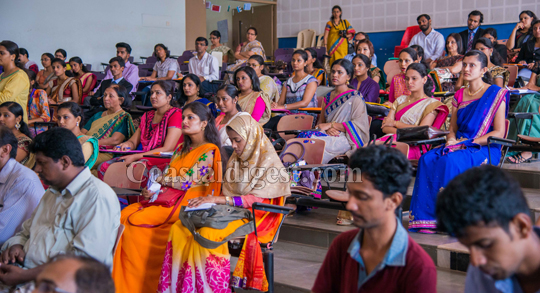
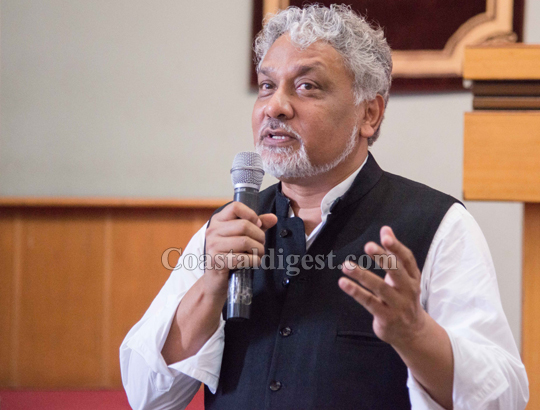
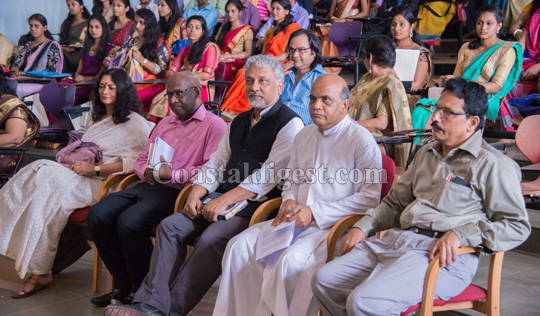
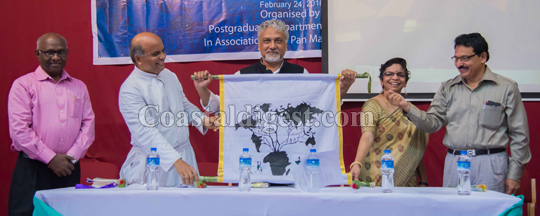
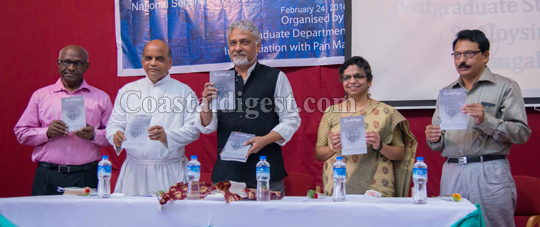
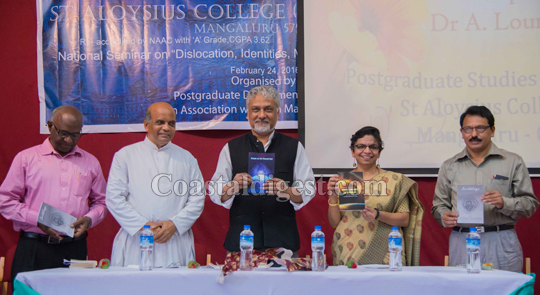
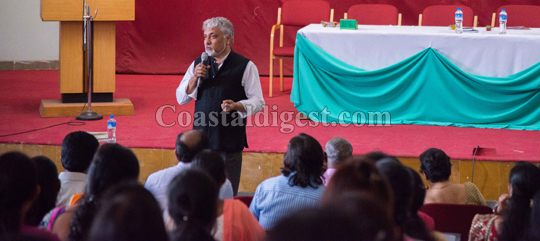
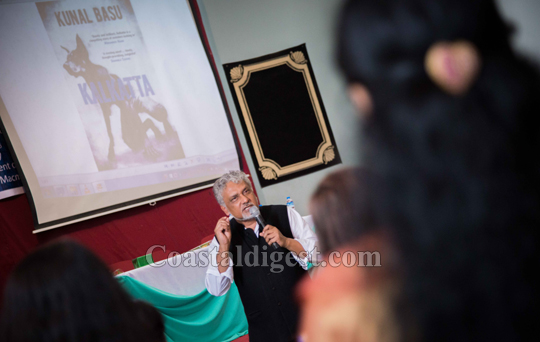



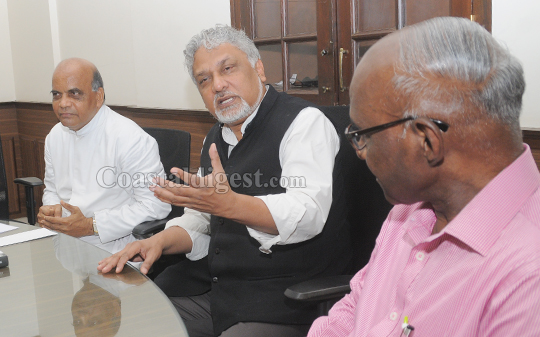
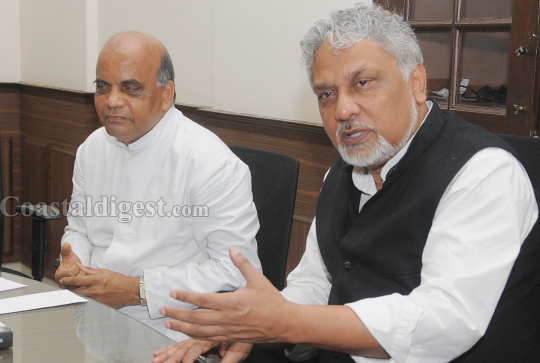
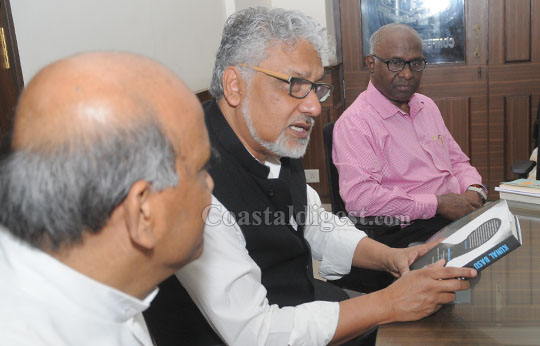
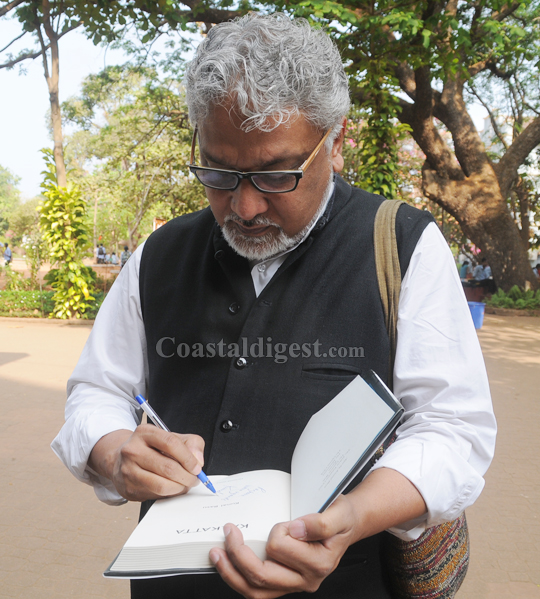
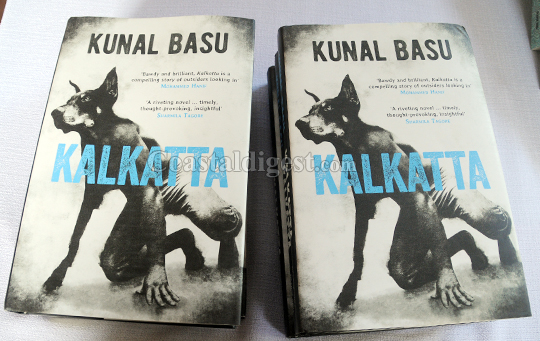

Comments
Your place is valueble for me. Thanks!
Here is my web site: amazon gift card generator: http://www.Realhacks24.com/amazon-gift-card-generator/
I’d need to check with you here. That will be not something I generally do!
I enjoy reading a post which will make people
think. Furthermore, thanks for allowing me to comment!
my web blog Star Wars Galaxy of Heroes Hack Apk (Sabrina: http://www.realhacks24.com/star-wars-galaxy-of-heroes-hack/)
Dear Writers,
Please read the QURAN atleast once in your life time. There are many helpful thoughts to you and the society which U and the society can benefits.
Add new comment